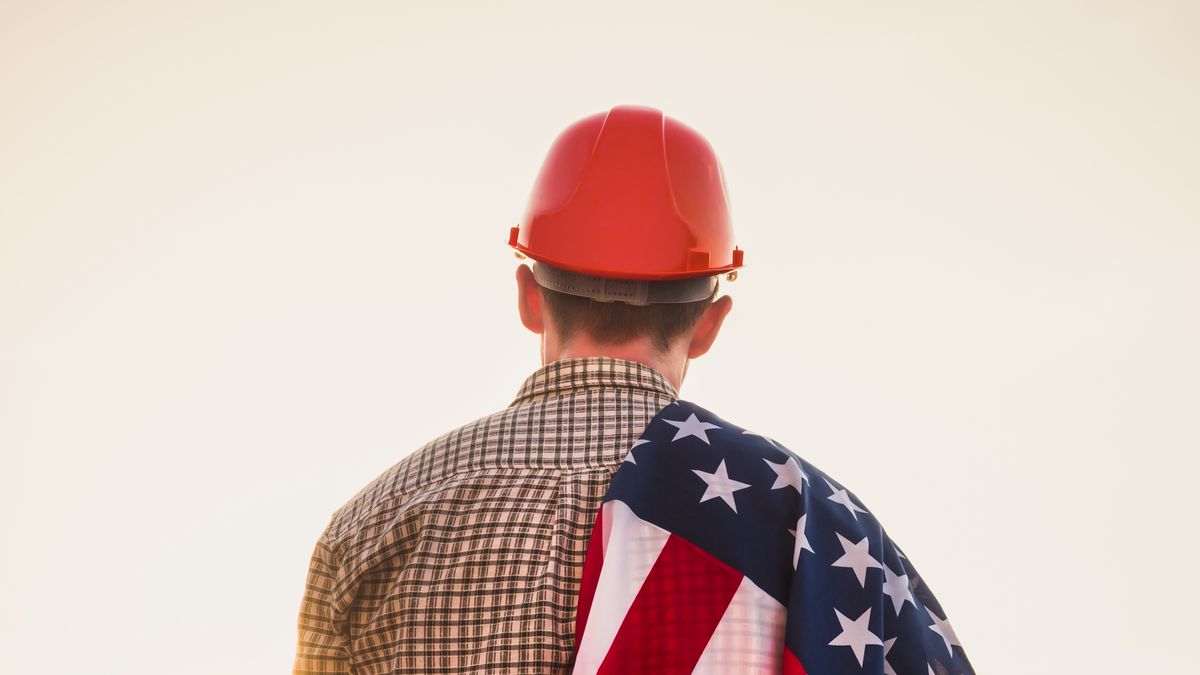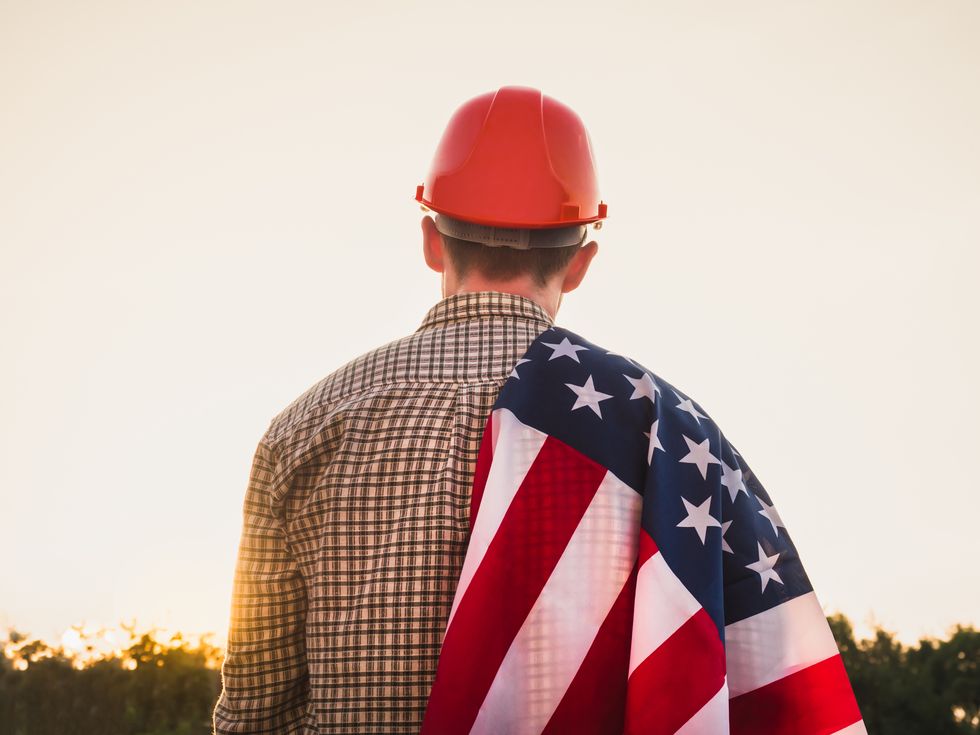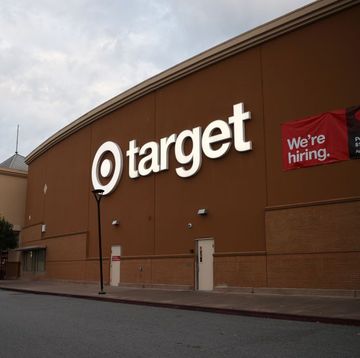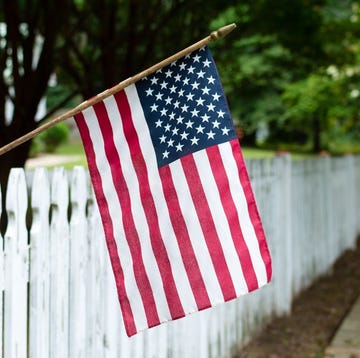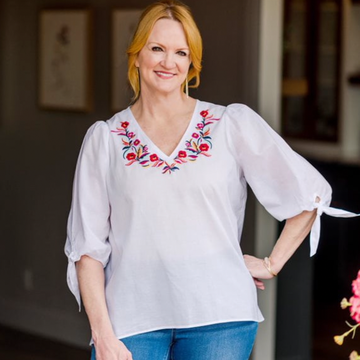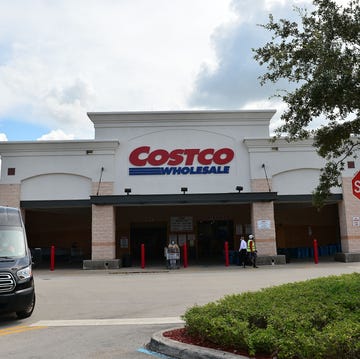Labor Day isn't one of those holidays that comes with a jam-packed itinerary or a long list of things you need to do. (Save all of that energy for Thanksgiving and Christmas!)
It's a patriotic day, but not quite as bold as the 4th of July. Instead, the long holiday weekend is fulfilled in pure relaxation, time with friends and family, and, frankly, spending it however you want. (You can never go wrong with an outdoor barbecue, if we're being honest.)
But how much do you know about the history of Labor Day and its meaning? Sure, the holiday unofficially marks the end of summer. And yes, it's a day or two off the job for most working Americans. However, those few days you get to spend eating your favorite grilled foods or splashing away at those final pool parties have significant meaning.
You probably know that Labor Day is meant to celebrate the common American worker—but the story in its entirety is fascinating and one to make you feel proud. So, read on for a brief history lesson on Labor Day, and learn the details on why exactly we celebrate it.
Why do we celebrate workers on Labor Day?
The idea of a Labor Day was sparked in the 19th century as a means to honor our labor unions and workers across the country.
For context: Prior to the inception of the holiday, labor unions were advocating for "very specific improvements in their working conditions," according to CNN. Most workers in America were indulging in physically or mentally taxing jobs—and doing so all seven days of the week, with no real limit to the hours per day. So, through resilience and a dose of well-intentioned stubbornness, the labor unions saw some amazing wins! In short, they are the reason we now have a 40-hour work week and company benefits such as paid time off, vacation time, and sick leave! Labor Day honors the common American workers who helped change the way our country views its workforce, allowing for economic freedom and liberty.
While there are conflicting reports on who specifically came up with the holiday, we can more than likely accredit it to two people: Peter J. McGuire and Matthew Maguire, according to the U.S. Department of Labor. Some people believe that one man over the other is responsible, but that's an entirely different debate.
The first unofficial Labor Day dates back to September 5, 1882, taking place in New York City. Though it took some time, states slowly but surely began adapting the holiday as their own over the years. By June 28, 1894, Labor Day was an official holiday according to Congress, passing an act that declared the holiday be celebrated on the first Monday in September of each year.
Why does America celebrate Labor Day in September?
There are a few reasons why we observe Labor Day in September. For one, September 5, 1882 is when over 10,000 workers had a planned unpaid leave from work. These 10,000 individuals organized a march from City Hall to Union Square in New York City. Though, it's important to note that the date for this event wasn't chosen for any specific reason. Peter J. McGuire, the organizer of the parade on that day, stated that the reason for choosing September was only due to the fact that it fell "between the Fourth of July holiday and Thanksgiving," according to Brittanica. In 1884, the Knights of Labor union decided that they would continue on with the September tradition, just changing the date to be "every first Monday" instead of being locked down to September 5.
Josiah Soto is the assistant editor of news and social for The Pioneer Woman. He helps manage the website’s social channels, in addition to writing high-performing news and entertainment content daily.
